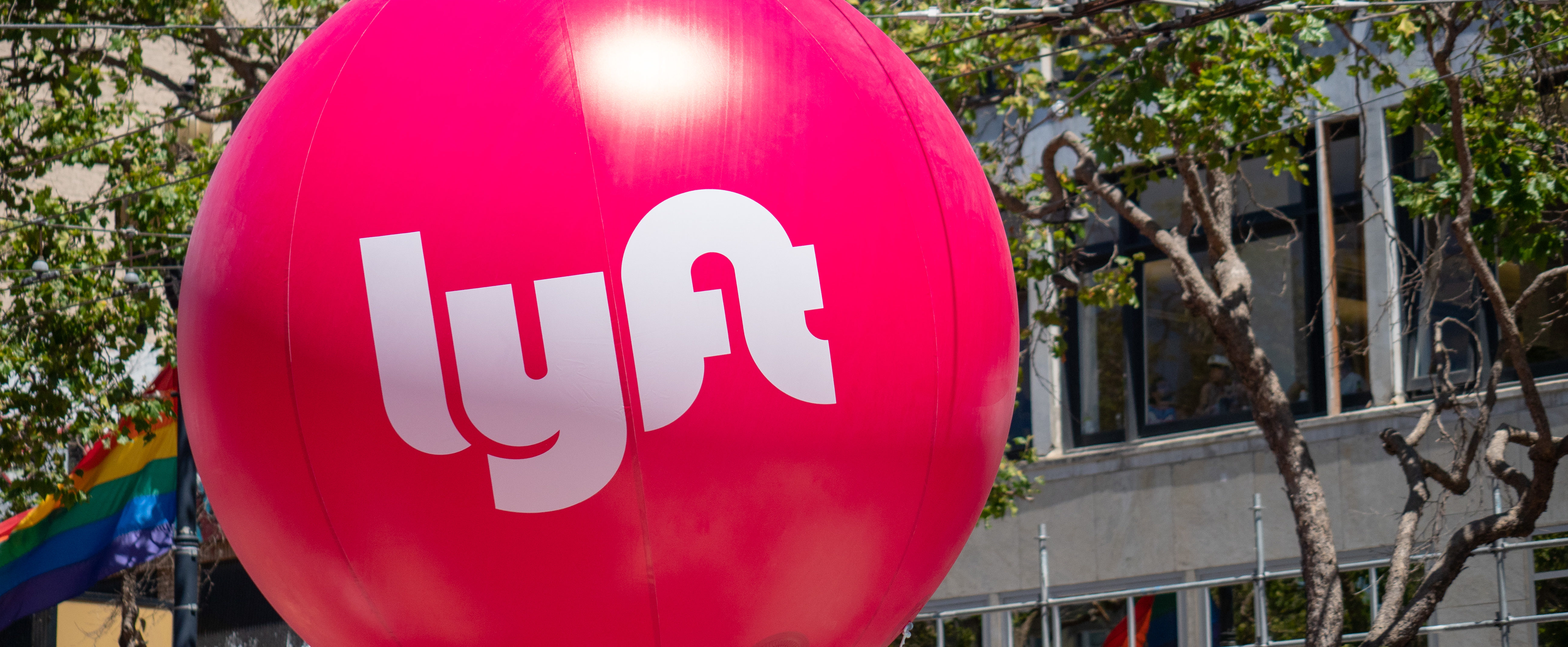On April 30, 2018, the California Supreme Court announced a decision in the case of Dynamex Operations West, Inc. v. Superior Court of Los Angeles, creating a new test that could make it much harder for companies to claim that a worker is an independent contractor and not an employee. As a result, as many as 300,000 California workers could be newly considered employees rather than independent contractors.
Dynamex is a Dallas-based retail delivery provider that previously classified its drivers as employees until 2004, when it reclassified them as independent contractors, requiring them to provide their own vehicles and cover expenses. A driver filed a lawsuit in 2005 against Dynamex, arguing that it failed to comply with Labor Code requirements.
More than a decade after the original lawsuit, the California Supreme Court issued a ruling that established a new “ABC test†for enforcing the state’s wage laws. The test is similar to one used in Massachusetts and New Jersey, and states that a worker is properly classified as an independent contractor if all of the following are met:
- The worker is free from the control and direction of the hirer in connection with the performance of the work, both under the contract for the performance of such work and in fact;
- The worker performs work that is outside the usual course of the hiring entity’s business; and
- The worker is customarily engaged in an independently established trade, occupation, or business of the same nature as the work performed for the hiring entity.
Businesses whose core service depends on app-based coordination and a large army of workers may view this change as a big challenge to their business model, especially in regards to item B on the test.
WHY THIS IS A GAME CHANGER
The “gig†or “shared†economy occupies large sectors of California’s business landscape. Companies such as Uber, Lyft, Instacart, TaskRabbit, DoorDash, Square, and Postmates currently classify their workers as independent contractors. If these workers were reclassified as employees under the state’s wage laws, it would change the entire business model, requiring companies to adhere to minimum wage, overtime pay, payroll tax contributions, and other rights and benefits.
On-demand businesses have grown rapidly in the past decade, in response to both the need for “just-in-time†delivery methods and for more flexible and scalable work arrangements for workers.
The ruling applies only to California, but it could be a sample of what is to come elsewhere in the country. A week after the decision, Sen. Bernie Sanders (I-VT) introduced a bill that would make an equivalent of the ABC test the standard for federal labor laws.
IF YOU DO BUSINESS IN CALIFORNIA
Any entity doing business in California will want to review its independent contractor agreements and employment practices to determine whether their workers will continue to qualify as independent contractors under the new ABC test.
Please contact Christina Roderick in REDW’s Tax Department to discuss the potential impact on your business.





